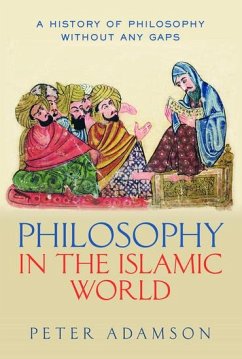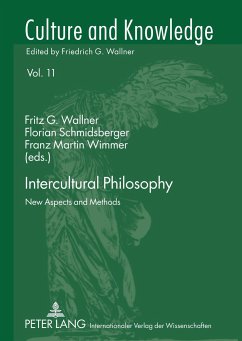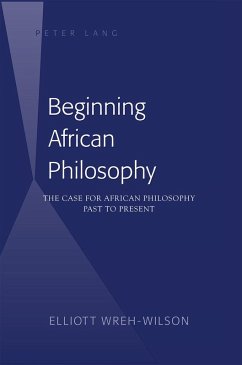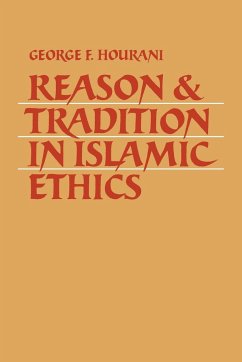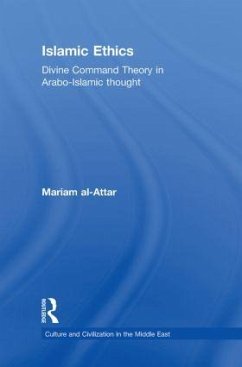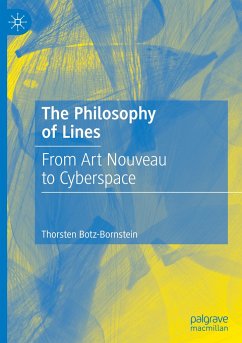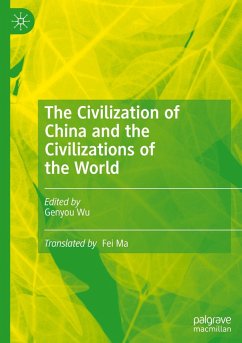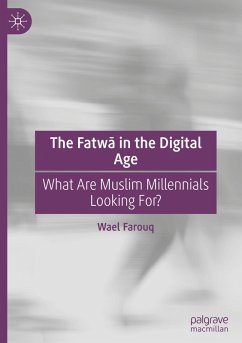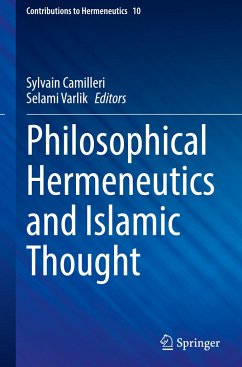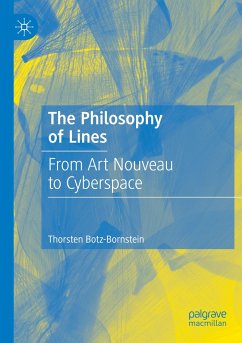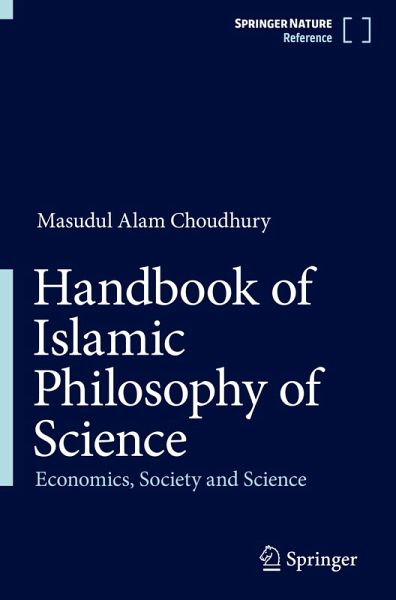
Handbook of Islamic Philosophy of Science
Economics, Society and Science
Versandkostenfrei!
Versandfertig in 1-2 Wochen
382,99 €
inkl. MwSt.

PAYBACK Punkte
191 °P sammeln!
This handbook provides a comprehensive overview of Islamic ethical issues within a wide spectrum of philosophy of science topics, examining the development of the model of moral inclusiveness in economics, science and society from ontological, epistemological and analytical perspectives. This paradigm takes the view that ethics is systemically endogenous, and can be studied by the most rigorous scientific analysis pertaining to diverse issues and problems of ethicality in socio-scientific inquiry. This handbook takes a sweeping transdisciplinary approach that is deeply phenomenological, to the...
This handbook provides a comprehensive overview of Islamic ethical issues within a wide spectrum of philosophy of science topics, examining the development of the model of moral inclusiveness in economics, science and society from ontological, epistemological and analytical perspectives. This paradigm takes the view that ethics is systemically endogenous, and can be studied by the most rigorous scientific analysis pertaining to diverse issues and problems of ethicality in socio-scientific inquiry. This handbook takes a sweeping transdisciplinary approach that is deeply phenomenological, to the nature and logic of scientific inquiry of, and in, the Qur'an. Such an approach invokes the episteme of the unity of knowledge in the socio-scientific systemic sense. The volumes' respective sections focus on the nature, logic, and role that ethics plays in formulating new vistas of alternative epistemic futures in Islamic economics, finance, and the social sciences. The ideas presentedare situated within the broader context of the post-modernist, post-pandemic, and the post-Covid-19 epoch, while being aimed at conceptualising a distinctive new outlook of transdisciplinary intellection in Islamic philosophy. The content is rigorously conceptual, qualitative, quantitative, and applied. Covering a diversity of subject areas from philosophy of science, to economics and in socio-scientific context within the realm of Islamic philosophy, this forms a key text for scholars in these respective arenas, led by pioneering scholarship in Islamic studies.



